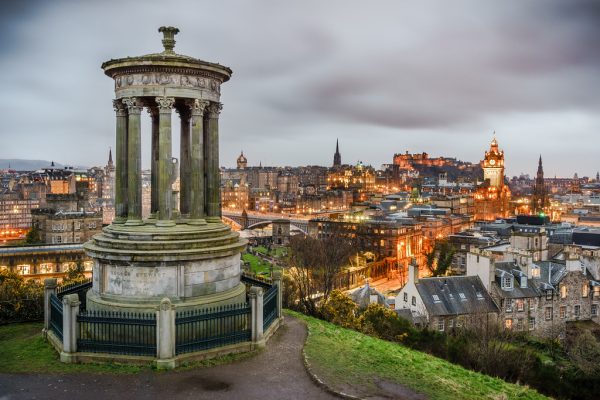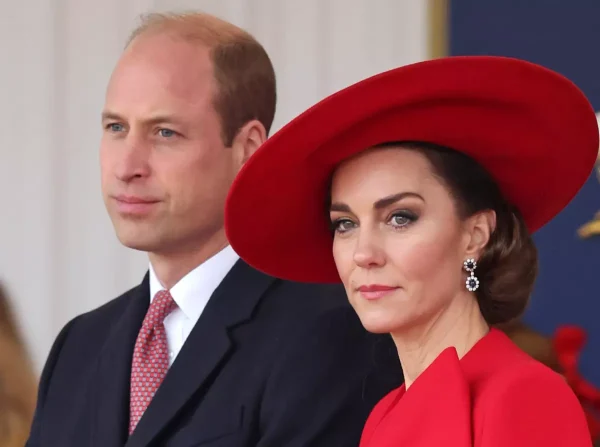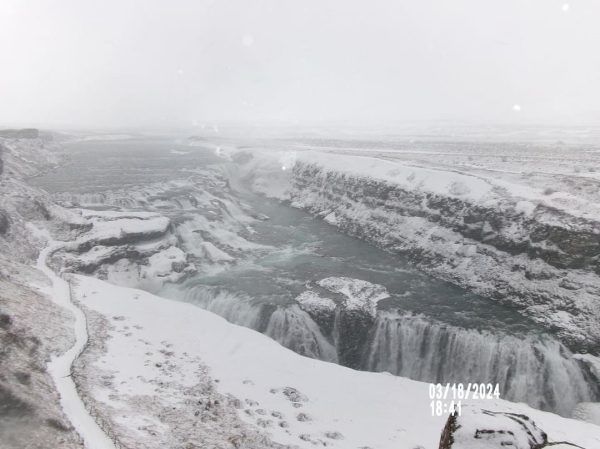Military Coup Overthrows Democracy in Myanmar
March 14, 2021
On February 1, 2021 the Myanmarian military seized control through a military coup leading to commander-in-chief Min Aung Hlaing, taking power over the former leader Ms Suu Kyi. Kyi was elected after the general elections were held in 2015 with the National League for Democracy winning a majority of seats in the combined national parliament.
Myanmar was first under British rule until shortly after World War II. It was then under military rule from 1962 to 2011. During that time under military rule, Myanmar underwent a name change from Burma to Myanmar in 1989. Even after the name change Myanmar was not recognized as Myanmar by many other countries until recently.
A pro-democracy movement occurred in Myanmar in 1988 and a revolution also occurred in 2007 led by monks. Ms Suu Kyi was a prominent figure who voiced her opinions on peaceful resistance and spent years in and out of house arrest due to her influence. In 2010, the military began to lose power and Ms Suu Kyi was released. Five years later, the first democratic elections took place for the first time in decades and her party was leading. Again in 2020, her party won by a landslide and the military immediately claimed that there was voting fraud without any physical proof. The people then feared that the government would be overthrown once again.
As February 1, 2021 arrived the people were awoken by a coup. Ms Suu Kyi and other civilian leaders had been arrested. Kyi was put under house arrest once again and after being charged with the illegal possession of walkie-talkies, violating covid restrictions during the election campaign last year, and publishing information that may “cause fear or alarm”. Military police had been sent out and communication had been blocked as the military announced Myanmar was going into a year long state of emergency. The military is also enforcing restrictions such as curfews and gathering limits. They then promised new elections, but the people were apprehensive and had little trust in the promises made by the military in fear of another military junta after just recently obtaining democracy. They began protesting through the streets demanding the restoration of democracy. The protesters include a wide range of civilians, such as lawyers, teachers, students, bank officers, and government workers. Water cannons, rubber bullets, and live ammunition are being used by the security forces in an attempt to disperse protesters and keep them under control.
Many other countries such as China have condemned the coup. Other neighboring countries such as Cambodia, Thailand, and the Philippines have stated the affairs in Myanmar are an “internal matter”. While conflict has been prominent in Myanmar for decades, media coverage and public knowledge on the matter is somewhat limited. Students Melissa Beans and Olivia Padfield were asked about their knowledge and opinion on the coup. Both are not entirely aware of what is going on but Padfield had stated that, “I heard about it but I don’t know too much about it honestly.” When asked about her thoughts on the events in Myanmar, Beans commented that, “I think the military seizing control is a direct threat to democracy and it is heartbreaking that so many lives have been lost over this.” Padfield and Beans both think that it is important to understand what is happening in Myanmar and to follow the recent and future events regarding the state of the government.








